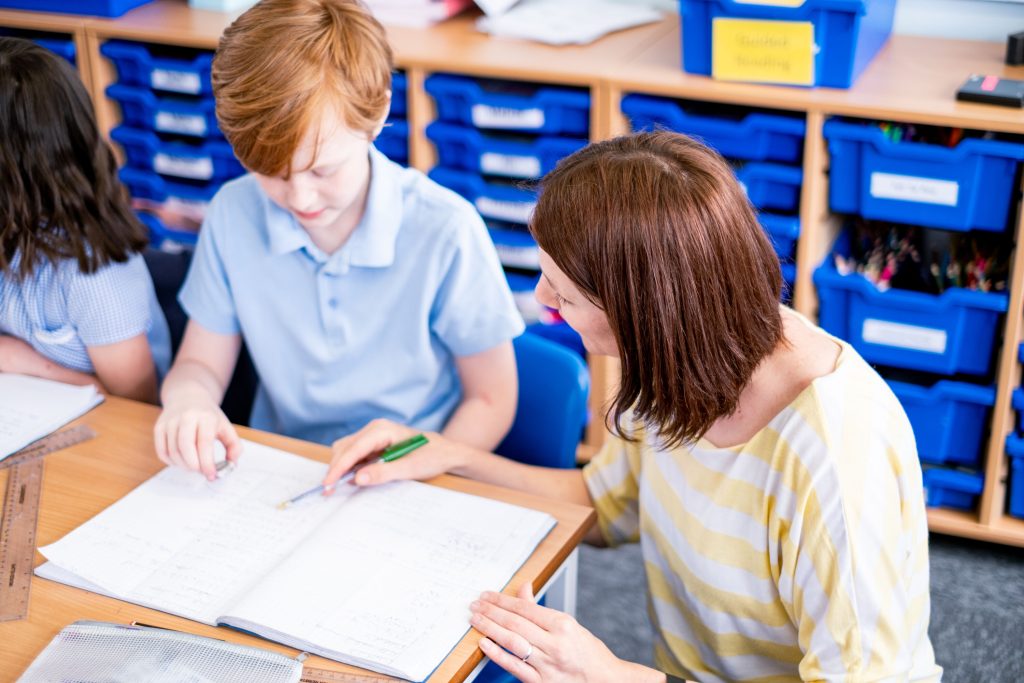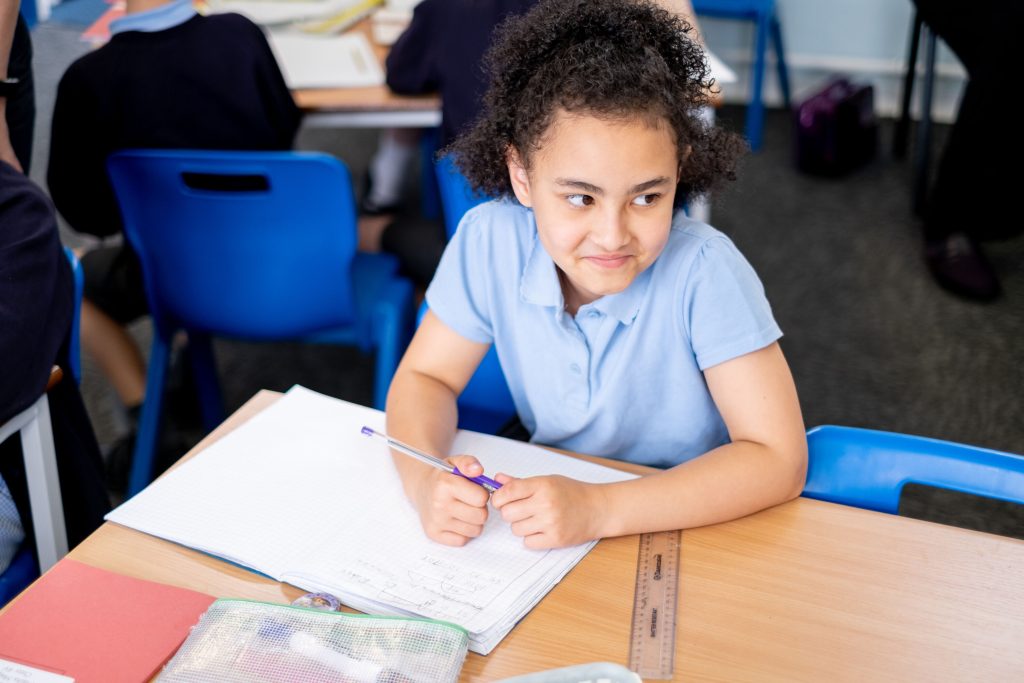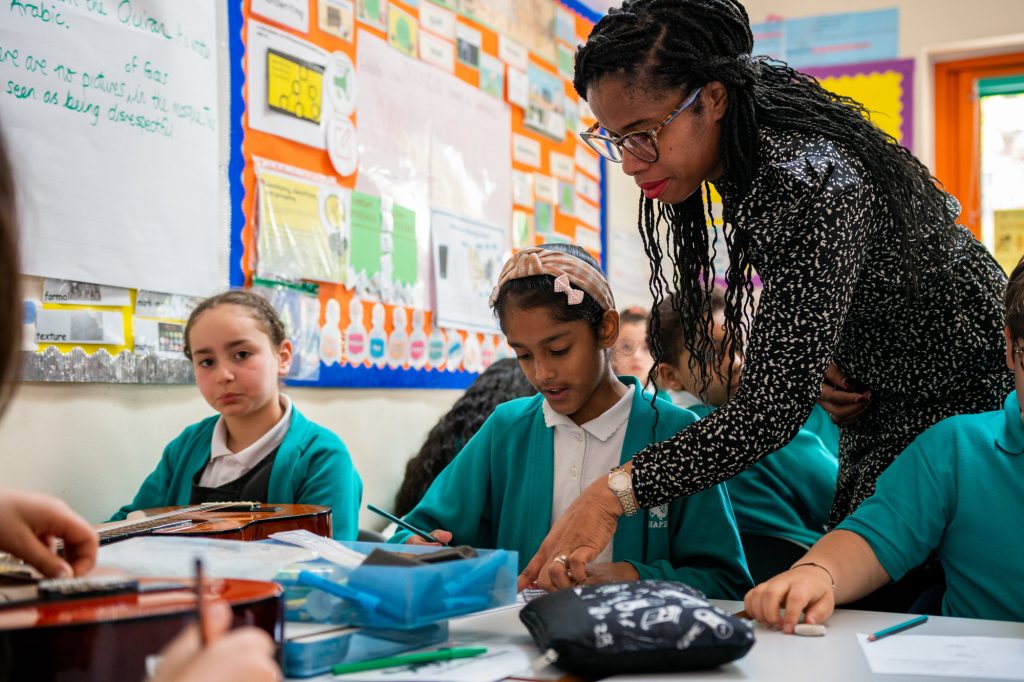Training to be a teacher is an exciting, transformative and busy journey. You will gain an abundance of new skills and knowledge and will cultivate a deep understanding of yourself as an educator.
At REAch Teach, we have seen one skill that consistently separates the best from the rest: a trainee’s ability to reflect on their practice and learn from their experiences. In this blog post, we will explore why reflective practice is so vital in teacher training and how it can lead to more effective and impactful teaching.

What Is Reflective Practice?
As defined by Linda Finlay in 2008, reflective practice is ‘learning through and from experience towards gaining new insights of self and practice’.
Reflective practice is not a one-off event, but an ongoing cycle. There are models which you can use to improve your understanding of reflective practice, such as Kolb’s Experiential Learning Cycle, but for the purpose of this post we have summarised the reflective practice cycle in a nutshell:
- We teach.
- We consider the childrens’ learning and think about what went well and what needs to be developed.
- We take time to understand why things went the way they did. During this stage, it is important to take time to link the theory you are learning outside the classroom with the practice happening inside the classroom.
- We put what we have learnt into practice and the cycle begins again!

Why is reflective practice so important?
Ongoing reflection ensures that you continue to grow as a teacher and that the students’ learning is at the heart of your practice. As well as ensuring the best outcomes for the students you teach, there are many other benefits to taking the time to regularly reflect.
It enhances your problem-solving skills
Teaching often presents complex challenges. Reflective practice encourages you to think critically about these challenges and explore various solutions. By doing so, you become a more resourceful and adaptable teacher, enabling you to meet the needs of all your students.
It fosters a growth mindset.
Embracing reflective practice cultivates a growth mindset—a belief that your teaching skills can be developed with effort and learning. This mindset encourages you to view challenges as opportunities for growth and development.
It can help you to build stronger relationships.
Reflective practice extends beyond the classroom. It also includes considering your interactions with students, colleagues, and parents. By reflecting on your communication and interpersonal skills, you can build stronger relationships, which are essential for a positive teaching environment.
Professional Growth
Reflective practice promotes ongoing professional growth, helping you stay current with educational trends and best practices.

Reflective practice is not an optional exercise for trainee teachers; it is a fundamental aspect of effective teacher training. When things get busy (which they do), it can be tempting to skip taking time to reflect in order to move on to your next task, but it is vital you carve out time on an ongoing basis to apply the cycle mentioned at the start of this blog.
By embracing this process, you can become a more self-aware, adaptable, and skilled teacher. Reflective practice is not about perfection but rather about the journey of continuous improvement. As you progress through your initial teacher training, remember that the reflective teacher is a lifelong learner, always striving to provide the best possible education for their students.
Learn more about our Initial Teacher Training programme for 2024/25
